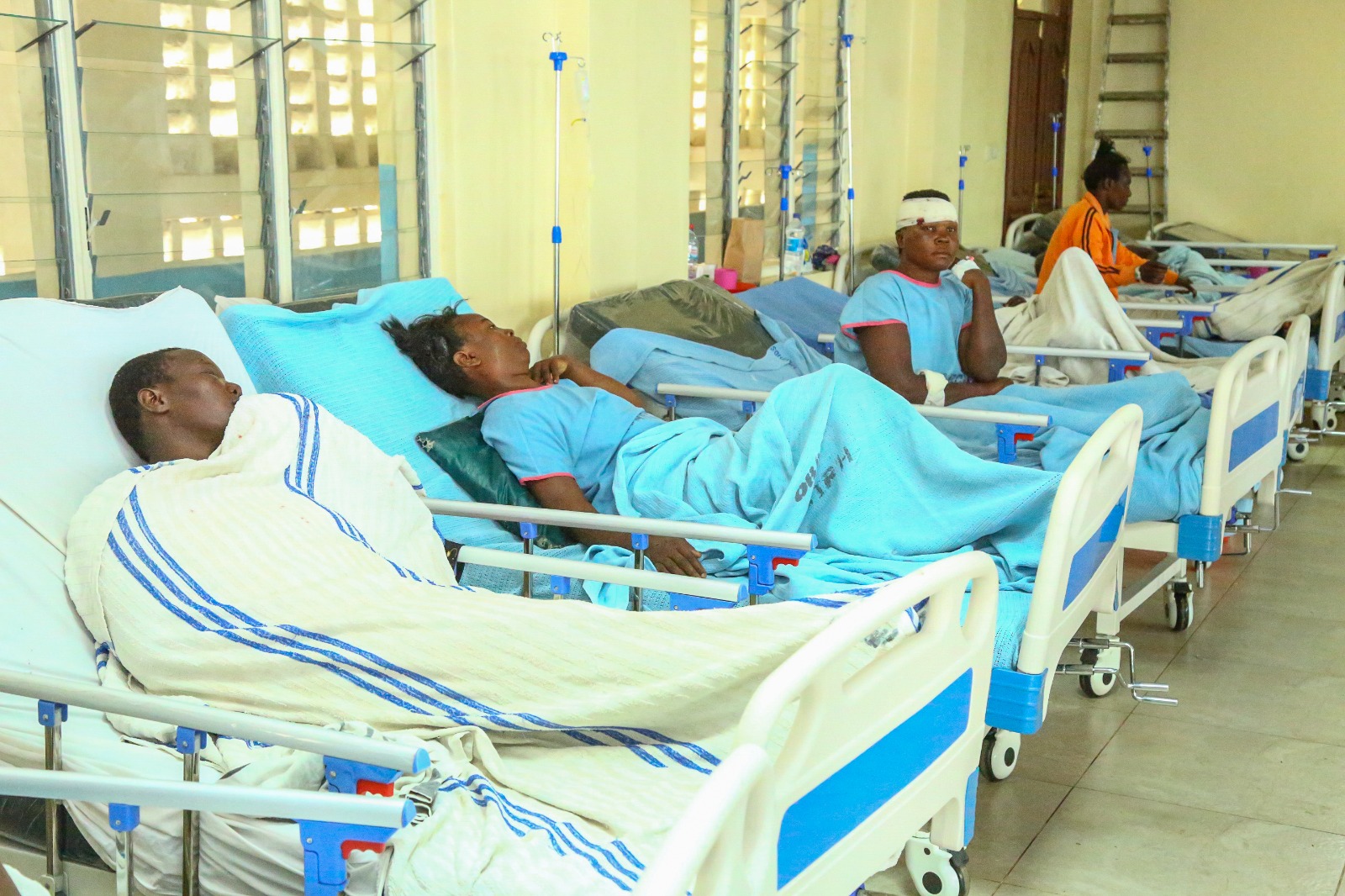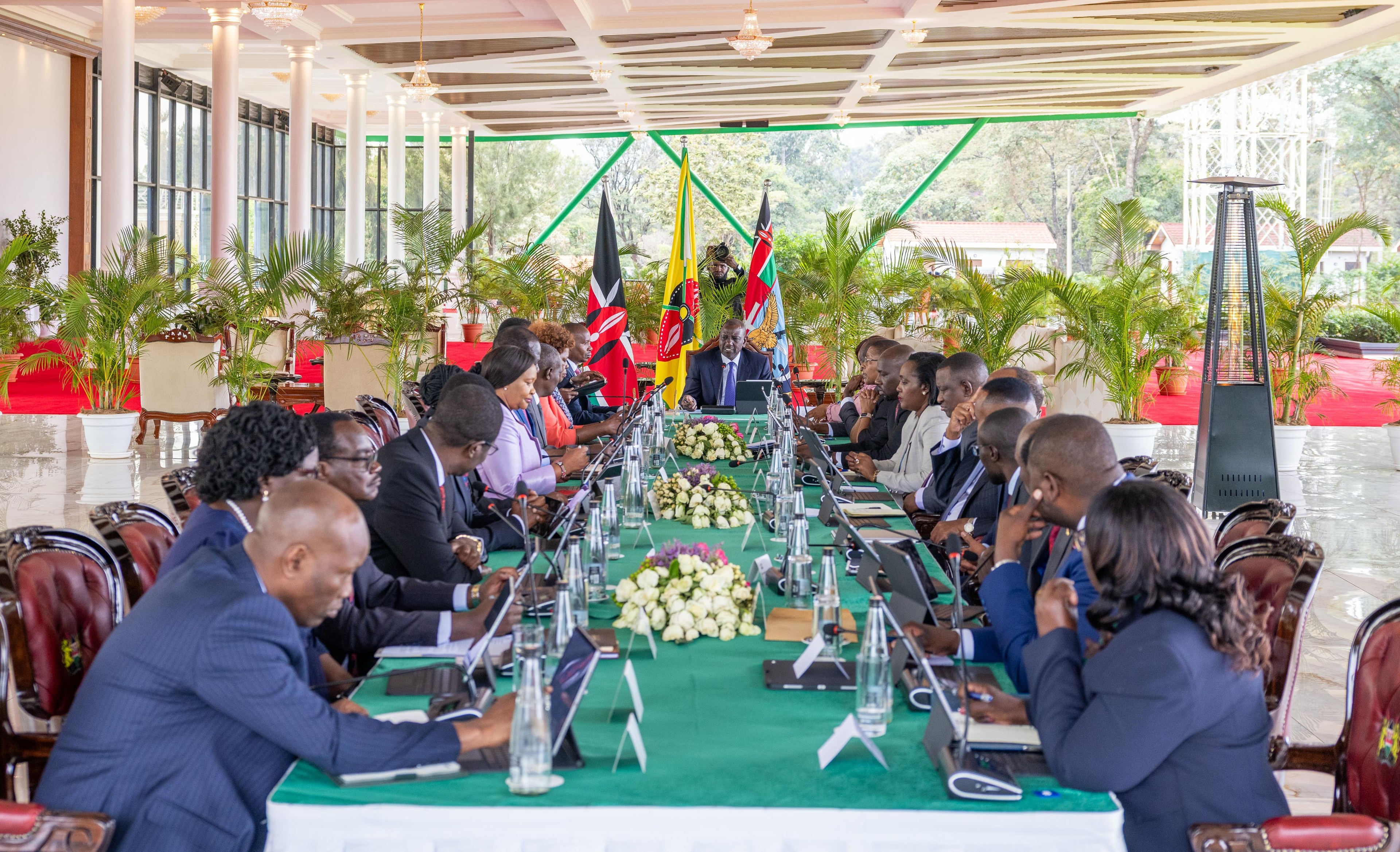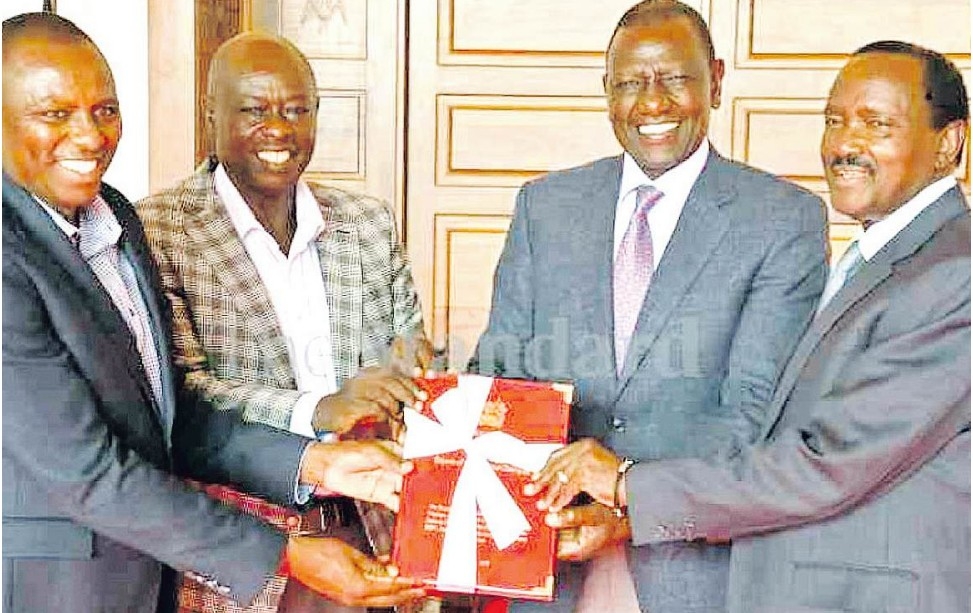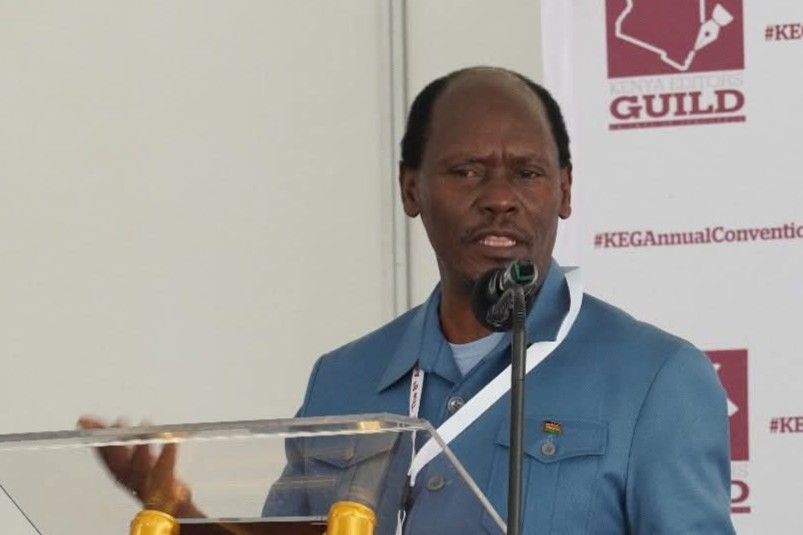

It is grief too
heavy for one village to bear.
In Koguta village in
Kisumu, entire homesteads sit in silence. Doors stand ajar. Cooking fires are
cold. Wails drift over the hills in an unending lament.
In a cruel twist of fate, on Friday, 26 members of the Korwa and Katieno clans — bound by blood, marriage, and lifelong bonds — perished together in a bus crash along the Kisumu-Kakamega highway
They were mourners from Nyakach subcounty travelling to the burial of one of their own, Risper Akeyo, in Nyahera.
They went to condole and stand with the family. By sunset,
on the way back, however some of their own names had been added to the list of
the dead.
Twenty-six others
survived.
The bus carried at
least 54 passengers, including an 18-month-old baby. Others from the clan had
travelled in separate vehicles.
Wards tell their own
story at the Jaramogi Oginga Odinga Teaching and Referral Hospital in Kisumu.
Twenty-six survivors lie in beds, some swathed in bandages, others with limbs
in plaster. Faces are etched with pain and disbelief.
Nurses move quietly
between them, adjusting drips, checking vitals. Some patients groan softly;
others stare blankly at the ceiling, adrift in shock. A few have not yet been
told the full truth — that the relatives they travelled with will never come
home.
From his hospital bed,
Kenneth Ochieng Omollo recalls the final moments:
“The journey back
began without incident, until we started descending towards the roundabout,” he
says. “The driver tried his best, but it’s like the brakes failed. I saw what
was happening, but there was nothing we could do. Then suddenly, we were in the
ditch. The next thing I knew, I was in hospital with a swollen face, a head injury,
and pain in my legs.”
Omollo wipes away
tears. “Everyone in that bus was family — by blood or marriage. I was with my
wife, my uncle, and my cousins. I still don’t know who survived.”
Mourine Auma, her head
and neck injured, speaks in a faint voice.
“Our people died
before our eyes. Some broke their necks, some their heads. I believe I’ll heal
in Jesus’s name, but I’ll never forget that day.”
Nearby, Philgona
Anyango sits quietly, her eyes distant beneath a bandaged head.
“My waist is painful,
my back too. I have a head injury. Where do I even start? I have children about
to join campus. How will I help them now? Twenty-six of my people are gone. The
whole family, just like that.”
Eighteen-year-old
Valery Onyango lost both her parents in the crash.
“They left early for
the funeral and told me to stay home. Later, I got the call. Both of them were
gone.”
At the morgue, grief
is raw and unrestrained. Florence Akoth Mbok can barely speak through her
tears.
“I have never seen
anything like this in my life. Thirteen of my close relatives are dead. When I
heard the news, I couldn’t sleep. I came to the hospital, then to the morgue,
but I couldn’t go inside. The grief was too much, my blood pressure went up.”
For elderly Lawrence
Agai, the pain is sharpened by memory.
“That morning, we
raised money and hired the AIC Naki Secondary School bus,” he recalls. “My four
brothers were inside. I stayed behind. Now, two are gone, and the other two are
in hospital. We prayed before they left. Later, I saw photos of the bus on
social media. This tragedy has shattered our family and the whole village. We
are mourning as one.”
At the hospital,
doctors work frantically to save the injured. Medical Services PS Dr Ouma
Olunga said the government mobilised additional health facilities in Kisumu to
ensure all survivors received surgery within the day.
“Every patient
requires a different form of surgery. We are working with several hospitals to
make sure all operations are done in time,” he said. With JOOTRH’s 10 theatres
already busy, cases were distributed to other facilities to avoid delays.
Additional
pathologists from the region were also called in to speed up postmortem
examinations, allowing families to begin burials without unnecessary delays.
Kisumu county Health CEC Dr Gregory Ganda said medics first worked to stop
bleeding and stabilise patients before moving to surgeries.
The government has
pledged full social and financial support. Dr Olunga assured that no survivor
would pay medical bills, and no bereaved family would bear the cost of burying
their loved ones.
“There is not one
single patient who will pay, and no single family will incur burial costs,” he
said.
Now, Nyakach subcounty
is under a heavy cloud. The air is thick with sorrow, the sound of wailing
carrying from homestead to homestead.
In one merciless twist
of fate, a funeral meant to unite a community in mourning for one life has
multiplied that grief 26 times over.







![[PHOTOS] Ruto present as NIS boss Noordin Haji's son weds](/_next/image?url=https%3A%2F%2Fcdn.radioafrica.digital%2Fimage%2F2025%2F11%2Ff8833a6a-7b6b-4e15-b378-8624f16917f0.jpg&w=3840&q=100)










